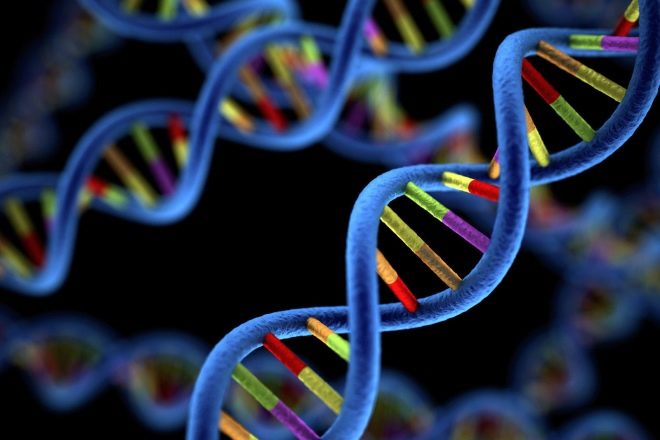Russian genetics have learned to predict the appearance of the unborn child
Russian scientists from the Genotek Medical Genetic Center have learned predict the features of the appearance of children who are not only not yet born, but not conceived.
Geneticists have developed a unique method that determines the key external data of the baby on the genomes of men and women.
According to the authors of the development, this method can be in great demand in the framework of in vitro fertilization and not only.
Parents using the new method actually get the opportunity to edit the genome to select the appearance of the future child.
A man and a woman will be able to determine for themselves what the color of their child’s eyes, hair color, skin tone, nose size or eye section should be (naturally, within the framework of the proposed options, because Europeans cannot have a child with an Asian eye cut).
The method is in the developed program. Using machine learning, an algorithm was created thatcounts the influence of three dozen different genes, taking part in the formation of appearance, and with high accuracy on the basis of genetic analyzes of the blood of future parents, this algorithm predicts the appearance of the child.
Today, within the framework of IVF, there is the possibility of gene correction when selecting embryos for transfer. But only “sick” genes are corrected, if there is a possibility of transferring a hereditary illness from parents to children.
The director of the Genotek center, Valery Ilyinsky, is sure that very soon the opportunity to “edit” the genome will also appear in relation to the external data of future children.
Today, the current legislation of Russia, Great Britain, Canada, China and many other states categorically prohibits the selection of embryos in the IVF cycle for any other reason than medical (risk of congenital disease).
But the first progress is already there - the British Council on Bioethics has already published a report stating that the choice of the appearance of the child is quite ethical and does not go beyond the requirements of bioethics.
So now many states have begun review existing practices. This question is raised in Russia.




